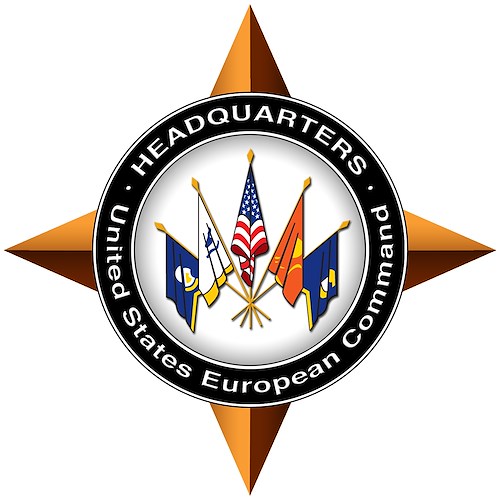Quarterly updates for personnel and dependents
Fiscal year 2026: 1st Quarter

Sept. 25, 2025
Below are ECJ1's quarterly updates for 1st Quarter, FY26:
- New Entry/Exit System (EES) EES FAQs
- U.S. European Command 2025 Combined Federal Campaign - Overseas Europe (CFC-OE)
- DoDEA-Europe
For more information click here: FY26 Quarter 1
